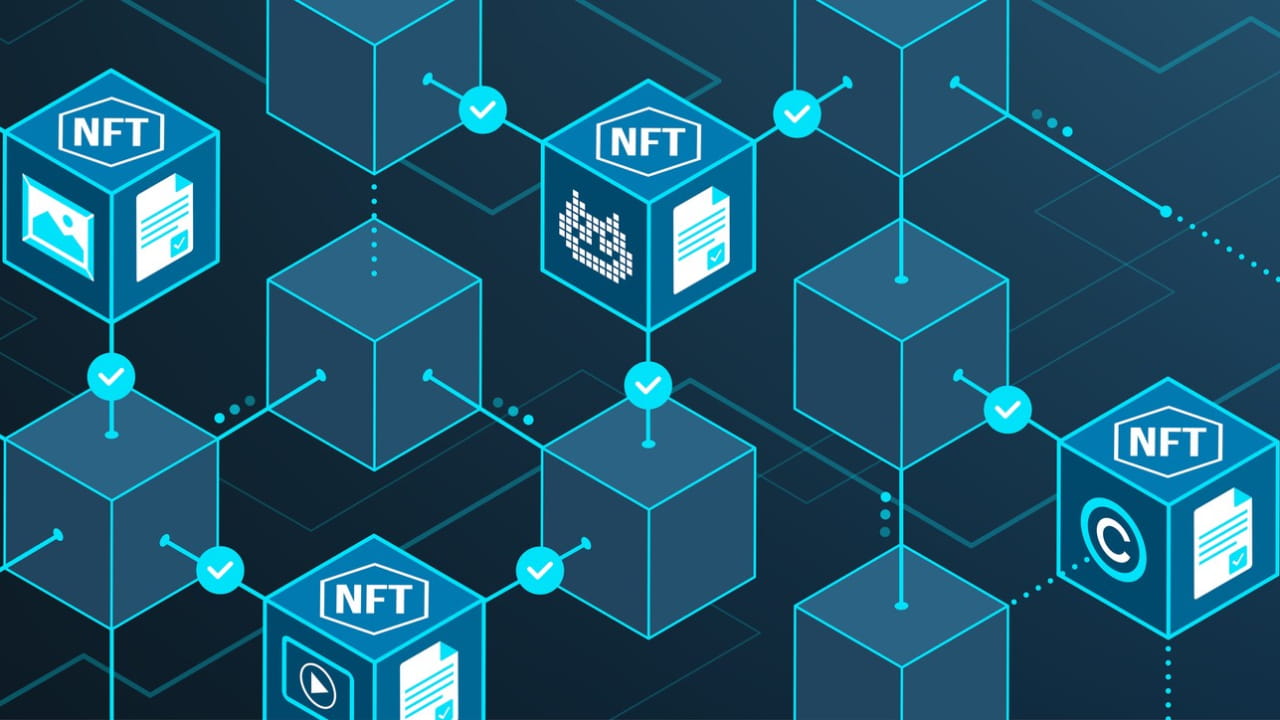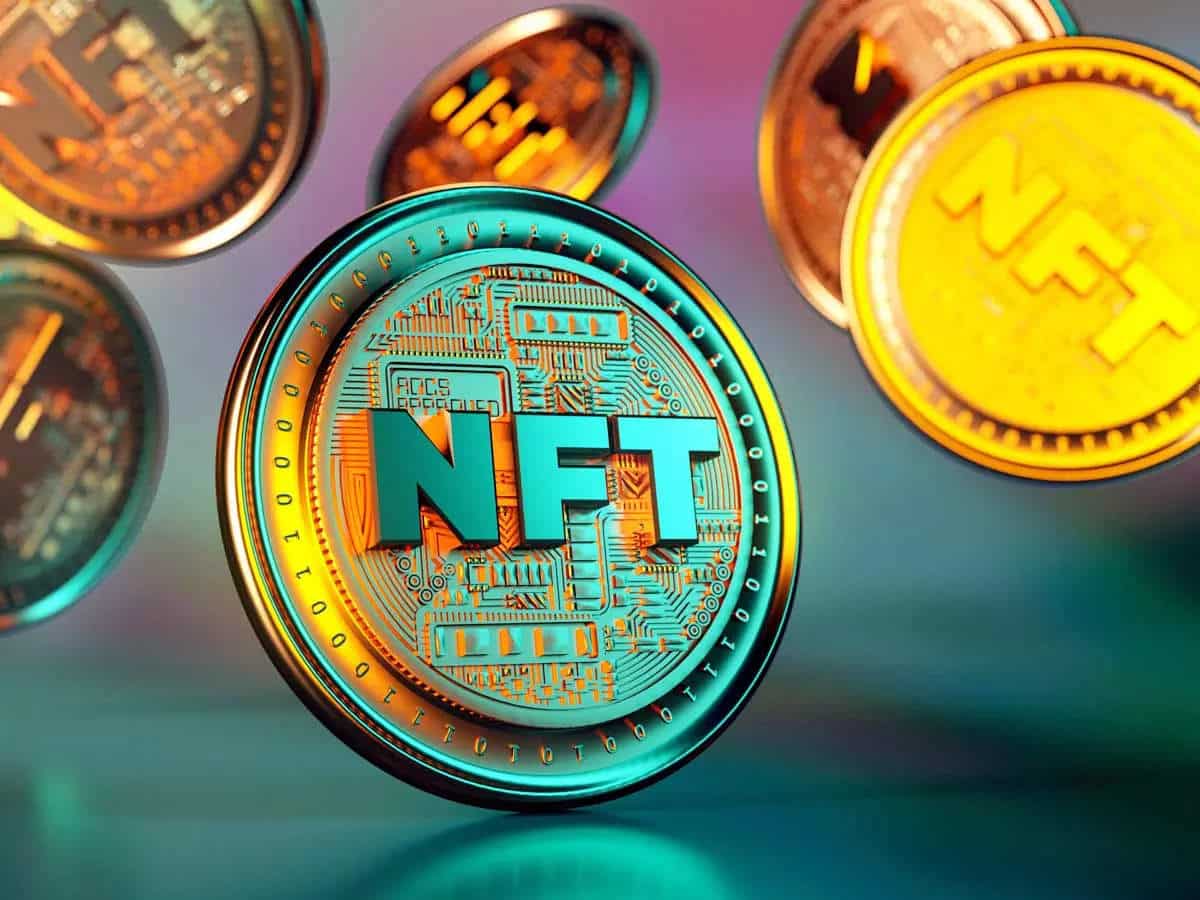The Digital Chamber advocates for NFT regulation support despite opposition from the SEC, calling for clear guidelines to protect investors and foster innovation in the NFT space. Explore their stance on NFT regulation support and the future of digital assets. The discussion of non-fungible tokens (NFTs) reached a turning point in 2024 when the Digital Chamber openly endorsed a new NFT regulation despite strong opposition from USecurities and Exchange Commission (SEC) Chairman Gary Gensler.
The new law addresses issues ranging from consumer protection to intellectual property rights to clarify and create a legal framework for the rapidly expanding NFT business. On the other hand, Gensler has been vocal in his NFT Law Criticism, voicing worries about possible dangers to investors and the larger financial system. This article examines the main concerns raised by the new NFT regulation, the Digital Chamber’s position on it, and the continuous conflict between business leaders and regulators.
NFT Regulation Debate
Gary Gensler has been an outspoken opponent of the NFT market. Especially the notion that NFTs ought to be subject to the same regulations as other financial assets. He has expressed worries that because NFTs are pseudo-anonymous. People could use them for illegal purposes like fraud or money laundering. In addition, Gensler has maintained that many NFTs would qualify as securities and be subject to SEC oversight. In the Crypto and NFT communities, his critiques have generated intense discussions. Many contend that such onerous regulation might impede the industry’s development and innovation.
Digital Chamber Support
Since the NFT Act was just introduced, the Digital Chamber swiftly supported the proposed legislation. The Digital Chamber commended Timmons’ leadership for guiding this important effort, which aims to define the classification of NFTs in light of the growing legal scrutiny of digital assets. The Act guarantees that NFTs will be regarded as consumer goods rather than financial products by addressing a range of use cases. This distinction may impact regulators’ approach to regulating NFTs in the future. The NFT Act also establishes a fundamental concept of non-fungible tokens and offers safeguards for what it refers to as “covered” NFTs.

They differ from financial instruments in that they incorporate digital artwork, collectables, and other types of intellectual property. Around the same time, the Act requires the US Comptroller General to study non-fungible digital assets. This study aims to evaluate the changing environment and consequences of NFTs. Legislative clarity will make it easier to protect artists and consumers from the regulatory activities that have recently targeted the industry.
SEC Crackdowns Intensify
The New Frontiers in Technology Act is needed because big companies face litigation. The SEC issued a Wells warning to OpenSea for securities violations, while Dapper Labs and DraftKings face lawsuits. Unlicensed Flyfish Club NFT sales angered Peirce and Uyeda. They claim that high-resale tokens are not secure. SEC Chair Gary Gensler’s harsh regulation worries Digital Chamber and other investors.
In response to Gary’s illicit Crypto and NFT crackdowns, Digital Chamber inventor Perianne Boring claimed Gensler may leave. Binance questioned the clearer rules after adjusting its complaint. After all five SEC commissioners testified before the House Financial Services Committee for the first time since 2019, the committee may review ETH security.
Also Read: European Digital Euro Privacy and Security Concerns in 2024
In Summary
In 2024, the Digital Chamber supported NFT regulation support through new NFT legislation, setting itself apart from SEC Chairman Gary Gensler’s position. The proposed rule addresses consumer protection and intellectual property in high-profile NFTs like art and virtual real estate, where ambiguous restrictions lead to fraud, market manipulation, and IP difficulties. The Digital Chamber thinks NFT regulatory support will protect investors and company owners while stabilizing the market.
Gensler opposes NFT asset limitations due to dangers, while NFT supporters say excessive regulation might hamper innovation.NFTs are increasingly used in the gaming, entertainment, and art sectors, which has led the Digital Chamber to restrict their use. The law mandates landscape assessments since NFTs are consumer goods rather than financial products; according to the Digital Chamber, it both protects and expands the industry. In the meantime, the SEC is looking into NFT sales and expansions at DraftKings, Dapper Labs, and OpenSea.
[sp_easyaccordion id=”136″]






